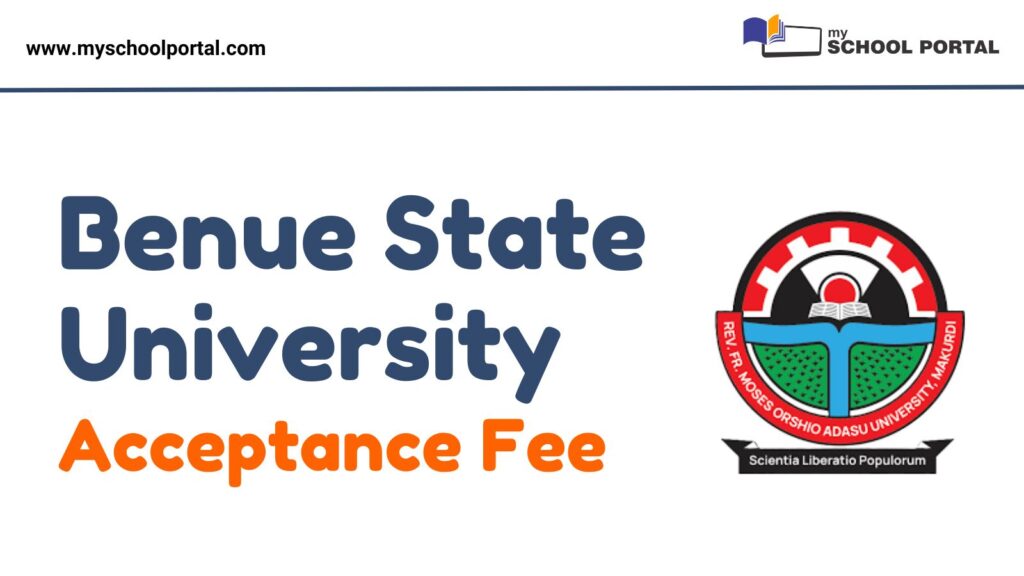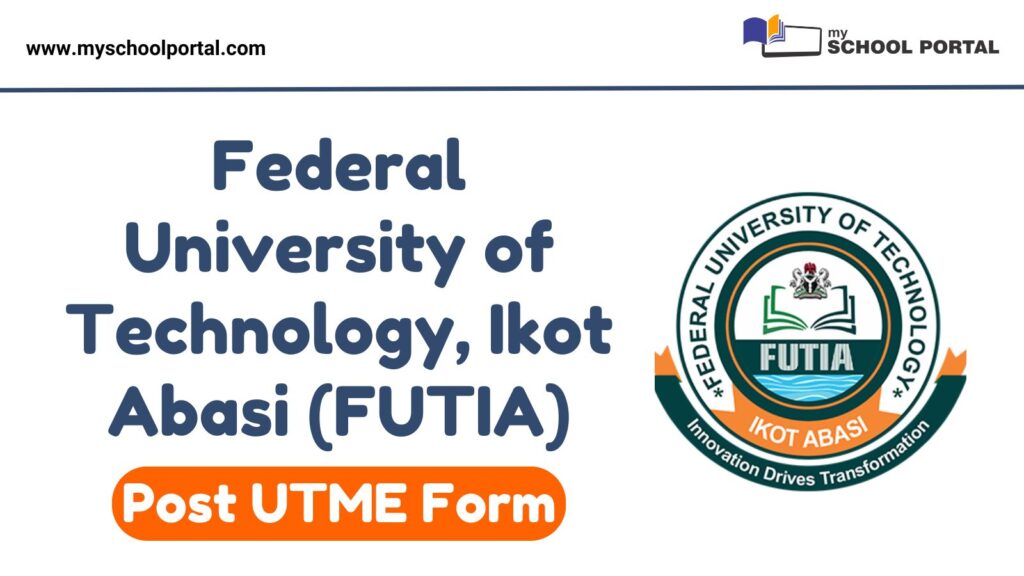AIM
- Student should understand the importance of citizenship in the society
- Students should be able to explain the structure, functions and responsibilities of government to the people
- Know emerging issues in the society;
- Understand the rights, duties and obligations of citizens to government and society; Appreciate democratic values and strive to uphold them.
The Civic Education examination is divided into two sections/papers. Paper one is four objective questions for 40 marks while paper two is theory section, bearing 60 marks. Both papers are taken in one sitting. The objective and theory paper both covers three sections.
Section A: National ethics, discipline, rights and obligation Section B: Emerging Issues in the society
Section C: Governmental system and processes
Detailed Curriculum
SECTION A: NATIONAL ETHICS, DISCIPLINE, RIGHTS AND OBLIGATIONS
1. Values
- definition,
- types
- importance of values to the society.
2. Citizenship and Nationalism
- meaning of citizenship;
- meaning of citizenship education;
- goals of citizenship education;
- duties and obligations of citizens;
- meaning of nationalism;
- ways of promoting national consciousness, integrity and unity in the society;
- the nationalistic roles of individual and groups;
- identification of local and world civic problems.
3. Human Rights
- meaning of human rights;
- categories of human rights;
- characteristics of human rights;
- meaning and historical background of the Universal Declaration of Human Rights (UDHR);
- meaning and identification of the seven core freedoms of UDHR;
- importance of UDHR;
- roles of individual, groups and government in UDHR
- limitations to the exercise of human rights
4. Law and Order
- definition of Law and Order;
- features of Law and Order;
- importance of Law and Order in the society;
- meaning of constituted authority;
- types of constituted authority; importance and roles of constituted authority
Responsible Parenthood
- meaning of responsible parenthood;
- roles of responsible parents;
- importance of responsible parenthood in national development.
Traffic Regulations
- meaning of traffic regulations;
- traffic regulation and its importance in the society;
- the roles of the individual and government in maintaining traffic regulations.
Inter-Personal Relationships
- meaning of inter-personal relationships;
- types of interpersonal relationships;
- skills that promotes interpersonal relationships;
- meaning of inter communal relationships;
- importance of inter communal relationships;
- meaning of inter-communal conflicts.
- skills for resolving inter-communal conflicts.
SECTION B:EMERGING ISSUES IN THE SOCIETY
1. Cultism
- meaning and origin of cultism;
- different cult groups in Nigeria and their symbols;
- reasons for cultism;
- consequences of cultism;
- ways of preventing cultism in the society.
2. Drugs and Drug Abuse
- meaning of drug abuse;
- drugs that can be abused;
- how drugs are abused;
- symptoms of drug abuse;
- behaviours of drug addicts;
- ways of preventing drug abuse;
- government agencies working to prevent drug abuse/trafficking and their activities; laws against drug abuse
Human Trafficking
- meaning of human trafficking;
- causes of human trafficking;
- effects and consequences of human trafficking; efforts of government and individuals in stopping human trafficking
Hiv/Aids
- meaning of HIV/AIDS;
- causes of HIV/AIDS;
- symptoms and effects of HIV/AIDS;
- prevention of HIV/AIDS;
- stigmatization of people living with HIV/AIDS.
Youth Empowerment
- meaning of youth empowerment;
- youth empowerment skills;
- importance and benefits of youth empowerment skills. efforts of government towards youth empowerment
SECTION C: GOVERNMENTAL SYSTEM AND PROCESSES
13. Structure and Functions of Government
- meaning of government;
- structure/tiers of government; functions of government.
14. Democracy, Rule of Law and National Development
- meaning, types, and features of democracy;
- importance of democracy;
- pillars of democracy;
- problems of democracy;
- meaning of rule of law;
- features of rule of law;
- importance of rule of law;
- problems of rule of law;
- meaning of national development; how democracy and Rule of law promote national development- good governance, employment creation and poverty alleviation etc.
15. Political Apathy
- meaning of political apathy;
- causes of political apathy;
- consequences of political apathy; why leaders fail to protect the interests of their followers
- how leaders can protect the interests of their followers;
- ways of discouraging political apathy.
16. Civil Society and Popular Participation
- meaning of popular participation;
- types of popular participation;
- the need for popular participation in the society;
- traditional and modern modes of popular participation;
- achieving popular participation in politics;
- meaning of civil society;
- functions / need for civil society;
- qualities / characteristics of civil society; i.e. accountability, fairness, justice, equity etc. problems of civil society; i.e. bribery and corruption, inadequate funding, over bearing influence of foreign donors etc
17. Public Service in Democracy
- meaning of public service;
- functions of public service;
- problems of public service;
- reasons for the shortcomings in the public service; ways of improving the public service
Post Views: 907
Related
Stay updated with the latest student resources and insights from My School Portal! Subscribe to our newsletter for fresh content delivered straight to your inbox—no spam, just value 😊














